Wearable Biosensing to Predict Imminent Aggressive Behavior in Psychiatric Inpatient Youths with Autism [Video]

Watch our Expeditions in Experiential AI Seminar with Matthew Goodwin, professor at Northeastern University’s Khoury College of Computer Sciences and Bouvé College of Health Sciences as well as a core faculty member at the Institute for Experiential AI, as he presents his talk “Wearable Biosensing to Predict Imminent Aggressive Behavior in Psychiatric Inpatient Youths with Autism.”
Abstract
Aggressive behavior is a prevalent and challenging issue in individuals with autism, especially for those who have limited verbal ability. This presentation investigates whether changes in peripheral physiology recorded by a wearable biosensor and machine learning can be used to predict imminent aggressive behavior before it occurs in inpatient youths with autism from 4 primary care psychiatric inpatient hospitals. Research staff performed live behavioral coding of aggressive behavior while 70 inpatient study participants wore a commercially available biosensor that recorded peripheral physiological signals (cardiovascular activity, electrodermal activity, and motion). Logistic regression, support vector machines, neural networks, and domain adaptation were used to analyze time-series features extracted from biosensor data. Area under the receiver operating characteristic curve (AUROC) values were used to evaluate the performance of population- and person-dependent models. A total of 429 naturalistic observational coding sessions were recorded, totaling 497 hours, wherein 6665 aggressive behaviors were documented, including self-injury (3983 behaviors [59.8%]), emotion dysregulation (2063 behaviors [31.0%]), and aggression toward others (619 behaviors [9.3%]). Logistic regression was the best-performing overall classifier across all experiments; for example, it predicted aggressive behavior 3 minutes before onset with a mean AUROC of 0.80 (95% CI, 0.79-0.81). Further research will explore clinical implications and the potential for personalized interventions.
Biography
Dr. Matthew S. Goodwin is an Interdisciplinary Professor with tenure at Northeastern University jointly appointed in the Bouvé College of Health Sciences and the Khoury College of Computer Science, where he is a founding member of a new doctoral program in Personal Health Informatics and Directs the Computational Behavioral Science Laboratory. Goodwin has held appointments at Harvard Medical School as a Visiting Associate Professor in the Department of Biomedical Informatics (2018-2020), Brown University as an Adjunct Associate Professor of Psychiatry and Human Behavior (2008-2018), and the MIT Media Lab as Director of Clinical Research (2008-2011). He has served on the Executive Board of the International Society for Autism Research (2005-2008) and the Scientific Advisory Board for Autism Speaks (2014-2017). He has over 25 years of research and clinical experience working with children and adults on the autism spectrum and developing and evaluating innovative behavioral assessment and intervention technologies, including video and audio capture, telemetric physiological monitors, accelerometry sensors, and digital video/facial recognition systems. Goodwin has received several honors, including a dissertation award from the Society of Multivariate Experimental Psychology, Peter Merenda Prize in Statistics and Research Methodology, Hariri Award for Transformative Computational Science, a career contribution award from the Princeton Autism Lecture Series, and named an Aspen Ideas Scholar by the Aspen Institute and Matilda White Riley Early-Stage Investigator by the National Institutes of Health. He has obtained research funding from various sources, including Autism Speaks, Defense Advanced Research Project Agency, Department of Defense, Nancy Lurie Marks Family Foundation, National Endowment for the Arts, National Endowment for the Humanities, National Institute on Disability & Independent Living, National Institutes of Health, National Science Foundation, and Simons Foundation. Goodwin received his B.A. in psychology from St. Clare’s in Oxford and Wheaton College and his MA and PhD in experimental psychology and behavioral science from the University of Rhode Island. He completed a postdoctoral fellowship in Affective Computing in the MIT Media Lab in 2010.
Keynote and Industry Speakers
Northeastern University Speakers
Agenda









.avif)







%20circ.avif)




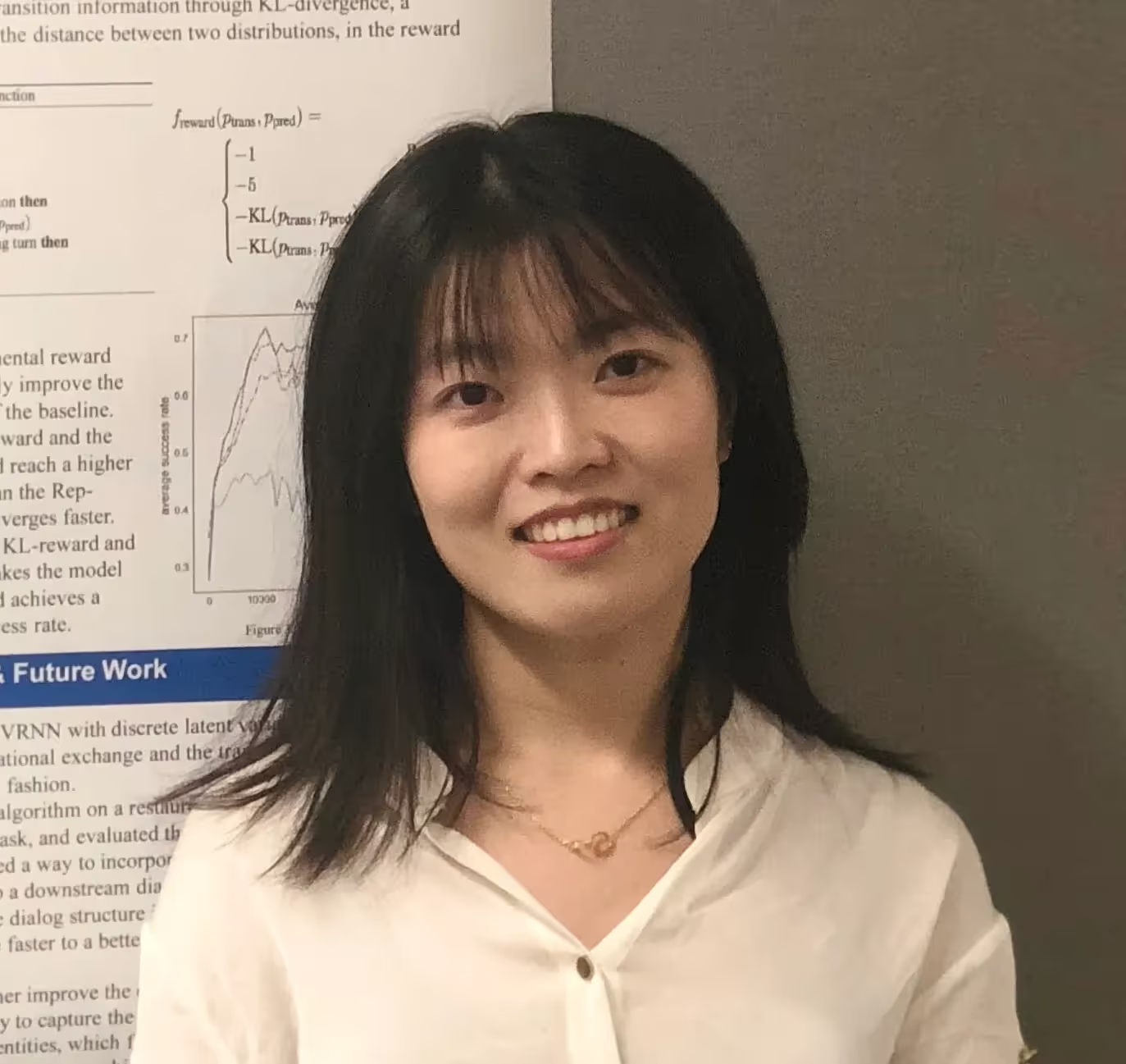

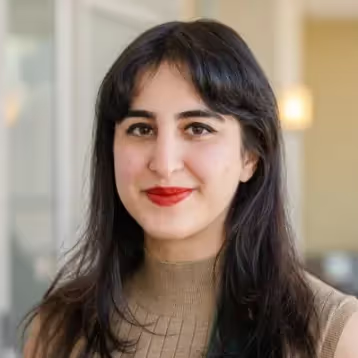




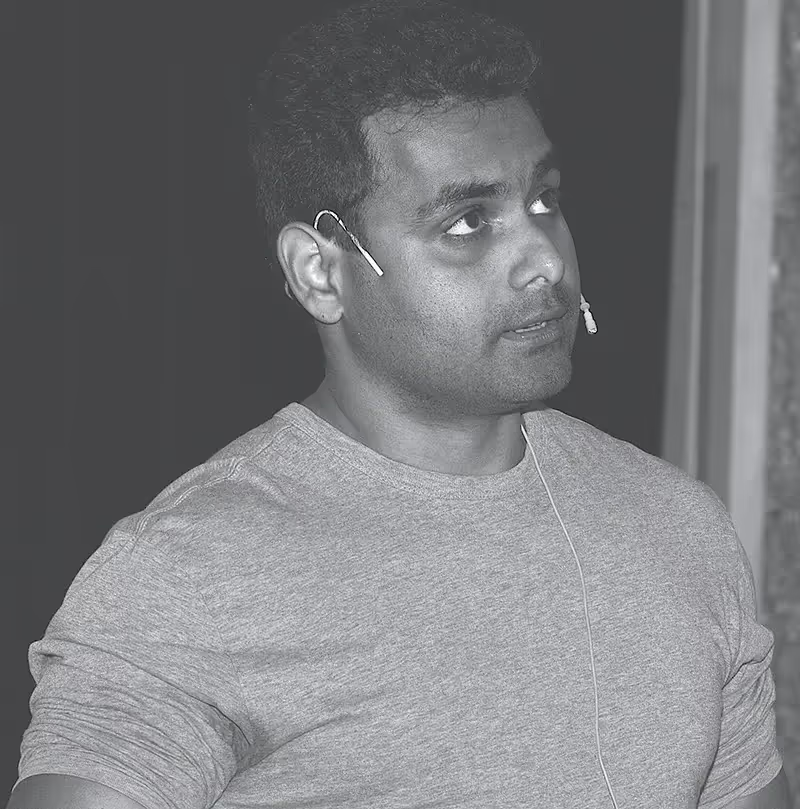



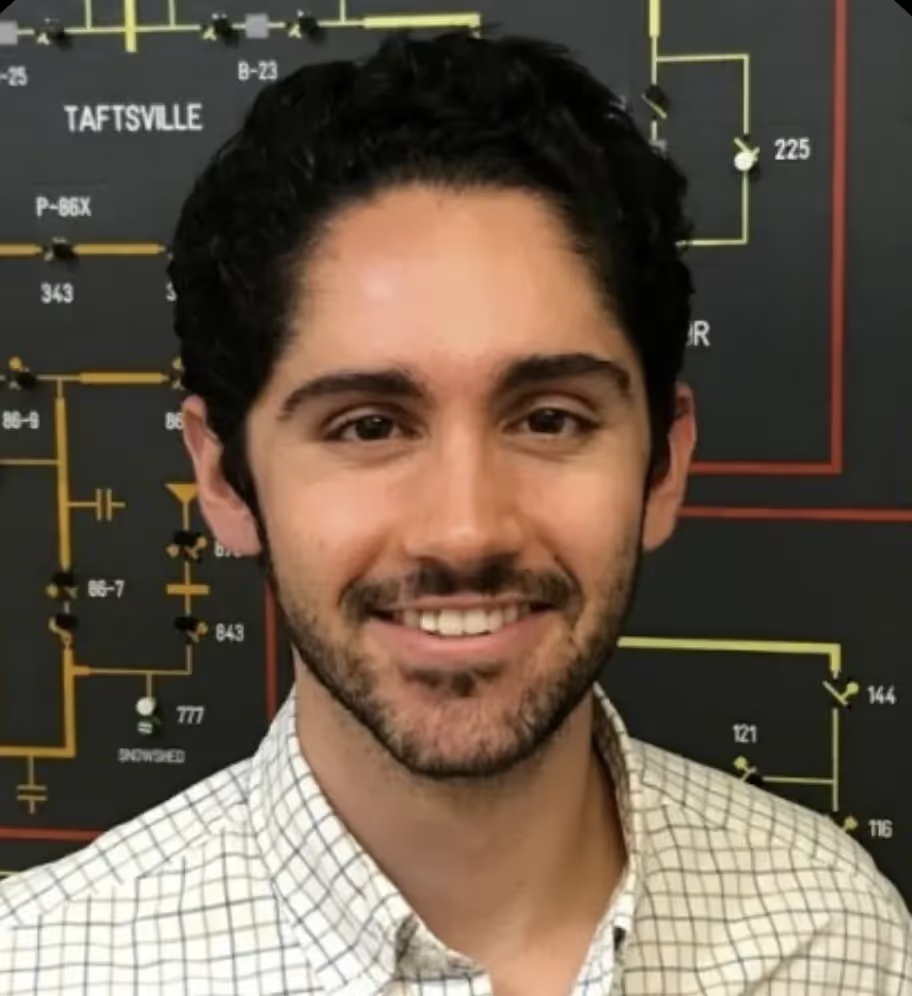

















.avif)
.avif)

.avif)

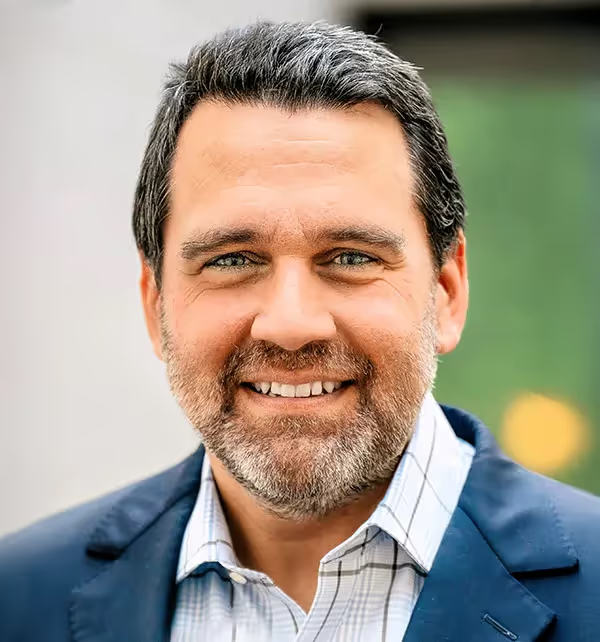











-p-800.avif)















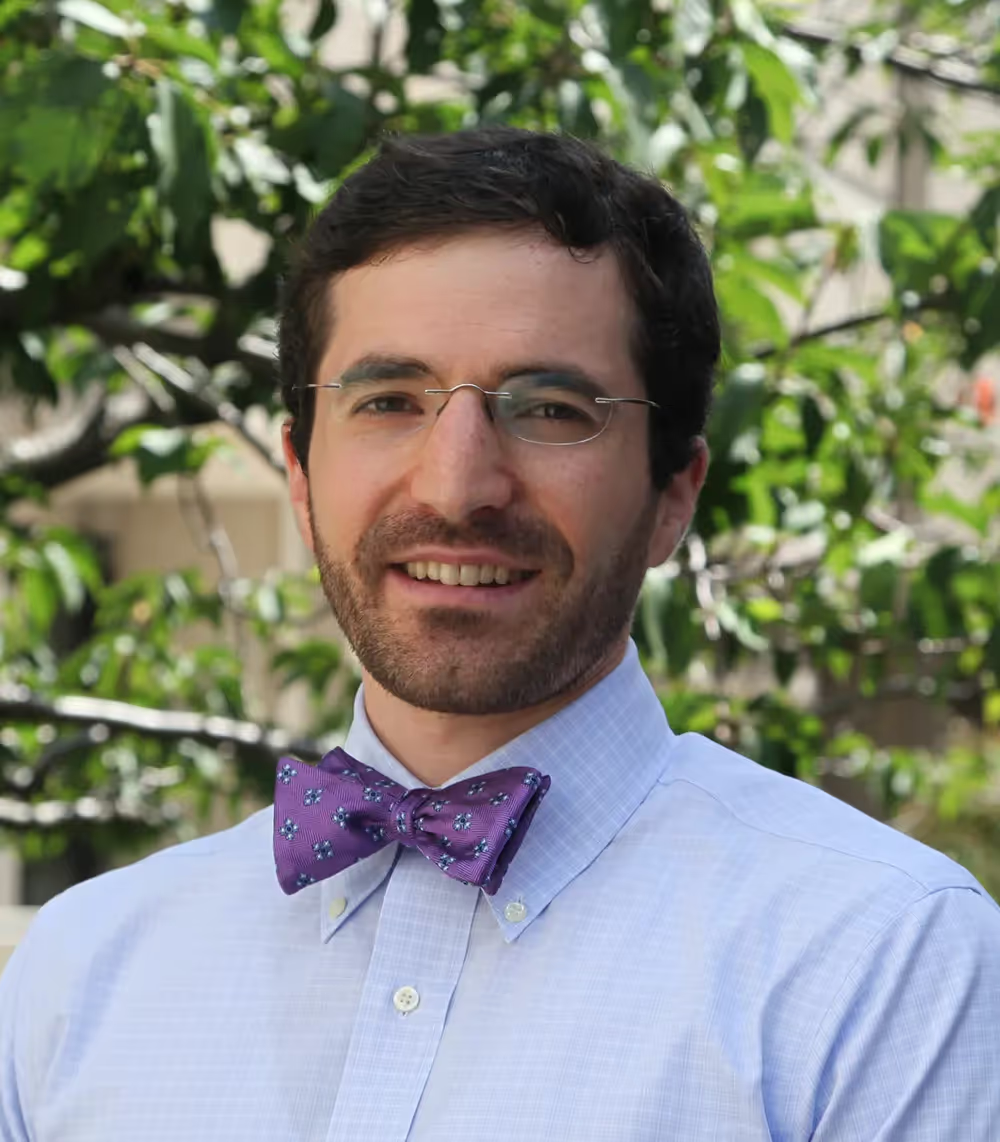
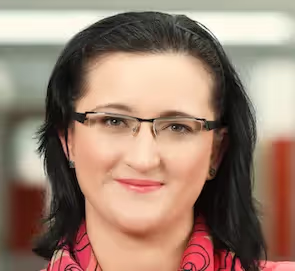
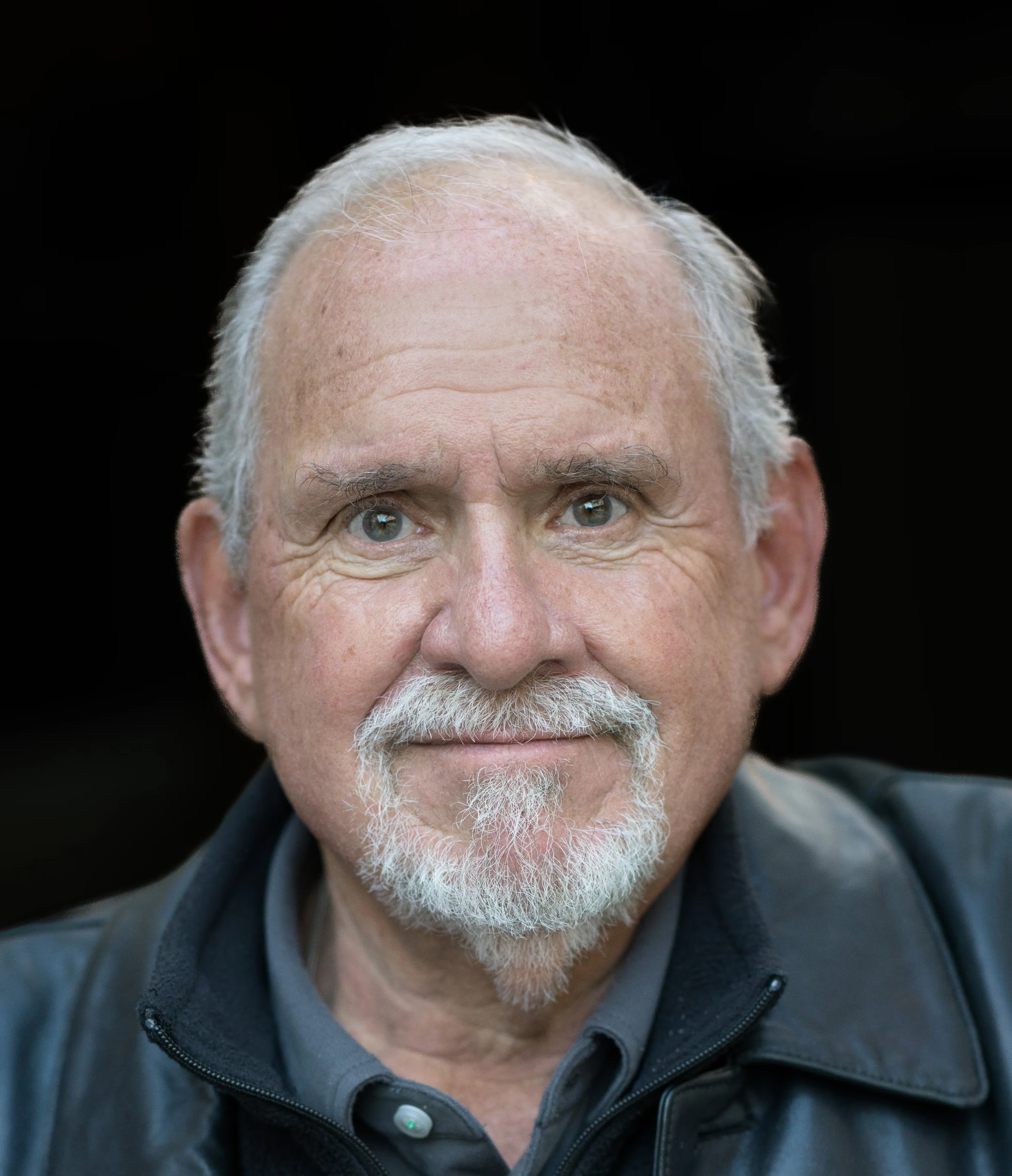









.avif)





